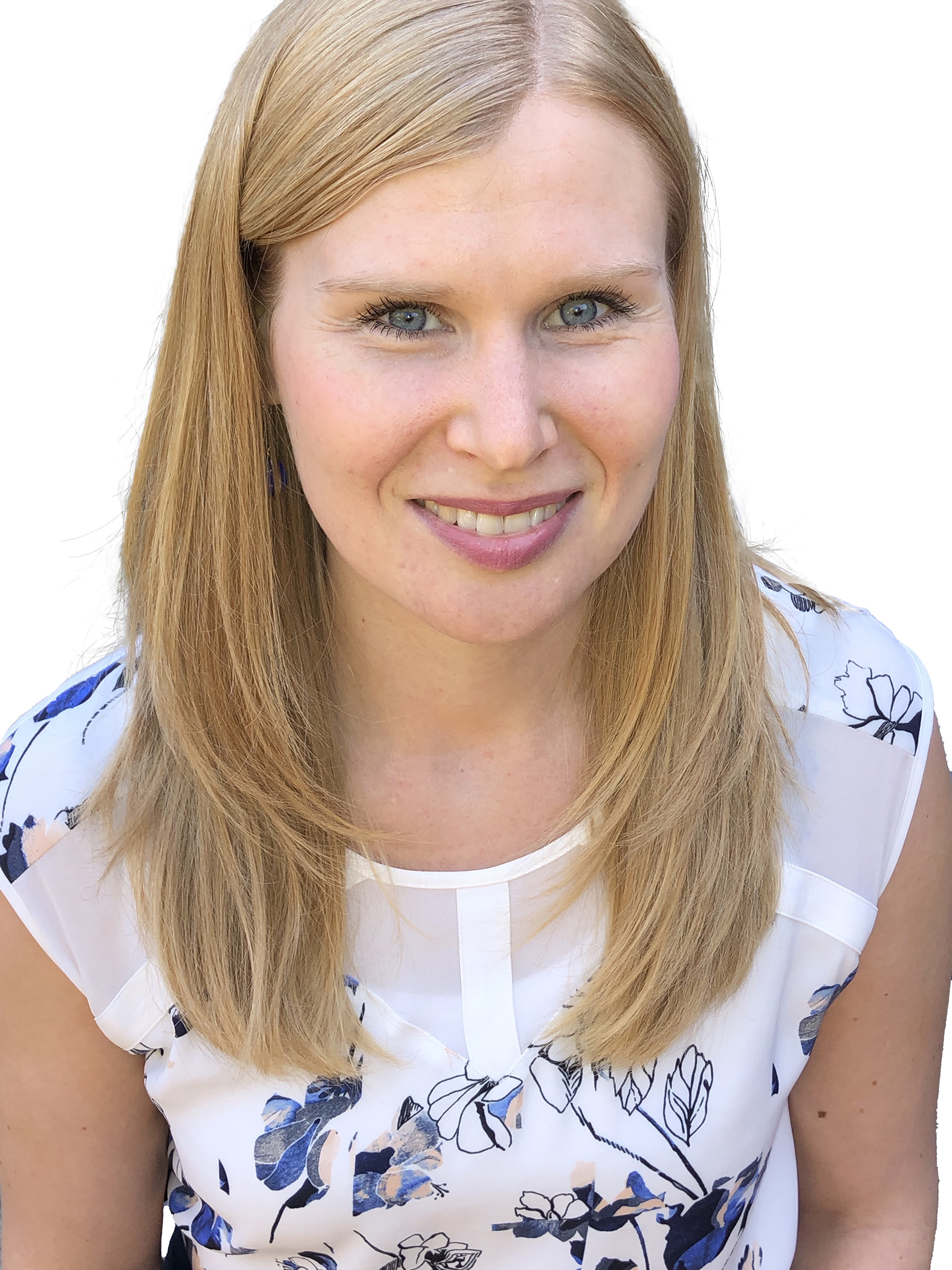Project Description
Home / Members / Graduate Students / Heather Champion

RESEARCH AREAS:
Philosophy of artificial intelligence
- Philosophy of machine learning
- Philosophy of experiment
CONTACT:
HEATHER CHAMPION
Doctoral Student;
Department of Philosophy, Western University
I am currently a doctoral student in philosophy at Western University. My research focuses on the epistemic impact of machine learning on scientific practice. My interest in computational epistemology stems from my M.Sc. in medical physics, where I contributed to the development of an evolutionary optimization algorithm for radiotherapy treatment planning. I also developed computational models of several astrophysical phenomena throughout my B.Sc. in physics and astronomy. My professional experience as a data analyst and software developer further drives me to reflect on the epistemology of data mining and machine learning. I have gained practical and theoretical knowledge of artificial intelligence by participating in the Alberta Machine Intelligence Institute (Amii) / Canadian Institute for Advanced Research (CIFAR) Deep Learning Reinforcement Learning Summer School 2019.
My research focuses on how machine learning (ML) impacts scientific discovery, particularly in the context of exploratory experiments. I am interested in ways to characterize the ‘novelty’ that ML can generate for scientific inference, as well as various means of validating the success of an ML project that is exploratory. In contrast to experiments that aim to test existing theory, exploratory experiments are driven by a quest for novelty. Thus, they provide a good opportunity to investigate the bare minimum role that existing theory plays and to characterize various types of ‘strong’ novelty. Meanwhile, it is important to understand what means of validation are appropriate for contexts where theory plays a ‘background’ role. Some standard ML methods of validation are well suited to these contexts but tend to focus on the midpoint of the data science lifecycle (model training and development), while early and late points (such as data selection and model deployment) tend to be neglected since they present greater challenges to establishing robustness.
Articles
Anderson, M. L., and Champion, H. “Some Dilemmas for an Account of Neural Representation: A Reply to Poldrack.” Synthese 200, no. 2 (2022). https://doi.org/10.1007/s11229-022-03505-4.
Fiege, J., McCurdy, B., Potrebko, P., Champion, H., & Cull, A. (2011). PARETO: A novel evolutionary optimization approach to multiobjective IMRT planning. Medical Physics, 38(9), 5217-5229.
M.Sc. Thesis
“Beam Angle and Fluence Map Optimization for PARETO Multi-objective Intensity Modulated Radiation Therapy Treatment Planning”
Conference Presentations (selected)
Champion, H. “Machine-Led Exploratory Experiment in Astrophysics.” Philosophy of Science Association Biennial Meeting, Pittsburgh, PA, 2022.
Champion, H. “A Transferrable Conceptual Toolbox for Characterizing Novelty with Machine-Led Exploratory Experiments.” Philosophy of Science Meets Machine Learning (PhilML), Tübingen, Germany, 2022.
Champion, H. “Representation without Constraint: A Critique of Poldrack’s Account of Object Detection Using Artificial Neural Networks.” Rotman Graduate Student Conference, London, Canada, 2021.
Champion, H., N. Pizzi, and R. Krishnamoorthy. “Tactical Clinical Text Mining for Improved Patient Characterization.” In 2014 IEEE International Congress on Big Data, 683–90. IEEE, 2014.
Champion, H., J. Fiege, B. McCurdy, P. Potrebko, and A. Cull. “Sci—Thur AM: Planning-04: Evaluation of the Fluence Complexity, Solution Quality, and Run Efficiency Produced by Five Fluence Parameterizations Implemented in PARETO Multiobjective Radiotherapy Treatment Planning Software.” Medical Physics 39, no. 7 Part 2 (2012): 4619–20.
Champion, H., J. Fiege, P. Potrebko, A. Cull, and B. McCurdy. “Sci—Sat AM (1): Planning—02: Validation of IMRT Solutions for PARETO Multi-Objective Beam Angle Optimization Software.” Medical Physics 37, no. 7 Part 3 (2010): 3907–3907.
